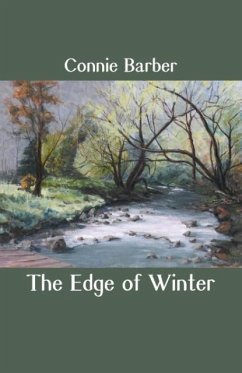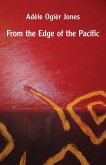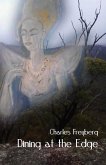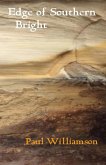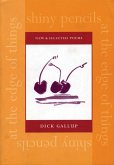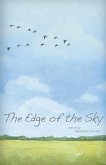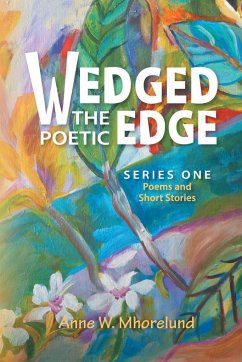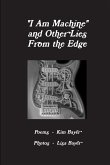'The Edge of Winter is a remarkable achievement by one of our oldest living poets. The poems reveal an inquisitive mind fascinated by the physical world, including particularly the ocean and the Merri Merri Creek, in Melbourne's north. Connie Barber interrogates herself and the world through which she moves with a clean-edged honesty leavened often by humour and self-deprecation. In "Time on the Merri Merri Creek" - a deeply moving poem, central to the collection as a whole - when she writes, "She has lived / through the loss of everything but her need to live", she could well be writing of herself. These are clear and lucid poems on the surface, but they are remarkable for the depth of thought, and sometimes of anguish, that informs them. It is a book in which "words fall / beyond sound and sing".' - Ron Pretty 'Poets often celebrate, interrogate or deplore time, the intransigent medium in which we all live. With this quadripartite book of her lyric understandings, Connie Barber lives under these terms and "could mourn the past, but cannot". Frequently too, she inveigles the reader subtly into the changing seasons of Merri Merri Creek, through her moving versions of pastoral recovery.' - Chris Wallace-Crabbe 'Connie Barber's unpretentious poetry sounds the depths: here is the precarious difficulty and delicacy of human relationships; here are the poet's various and surprising insights on wordcraft; and here too her assurance and joy in the close observation of nature. Readers will find the testing points in their own lives, touched by these poems.' - Judith Rodriguez

